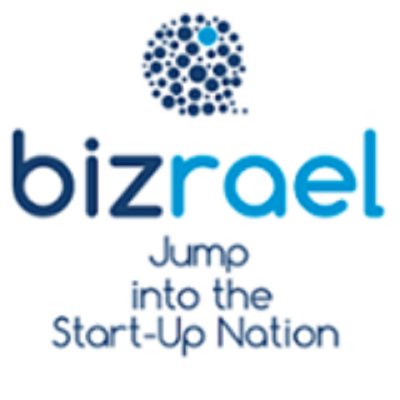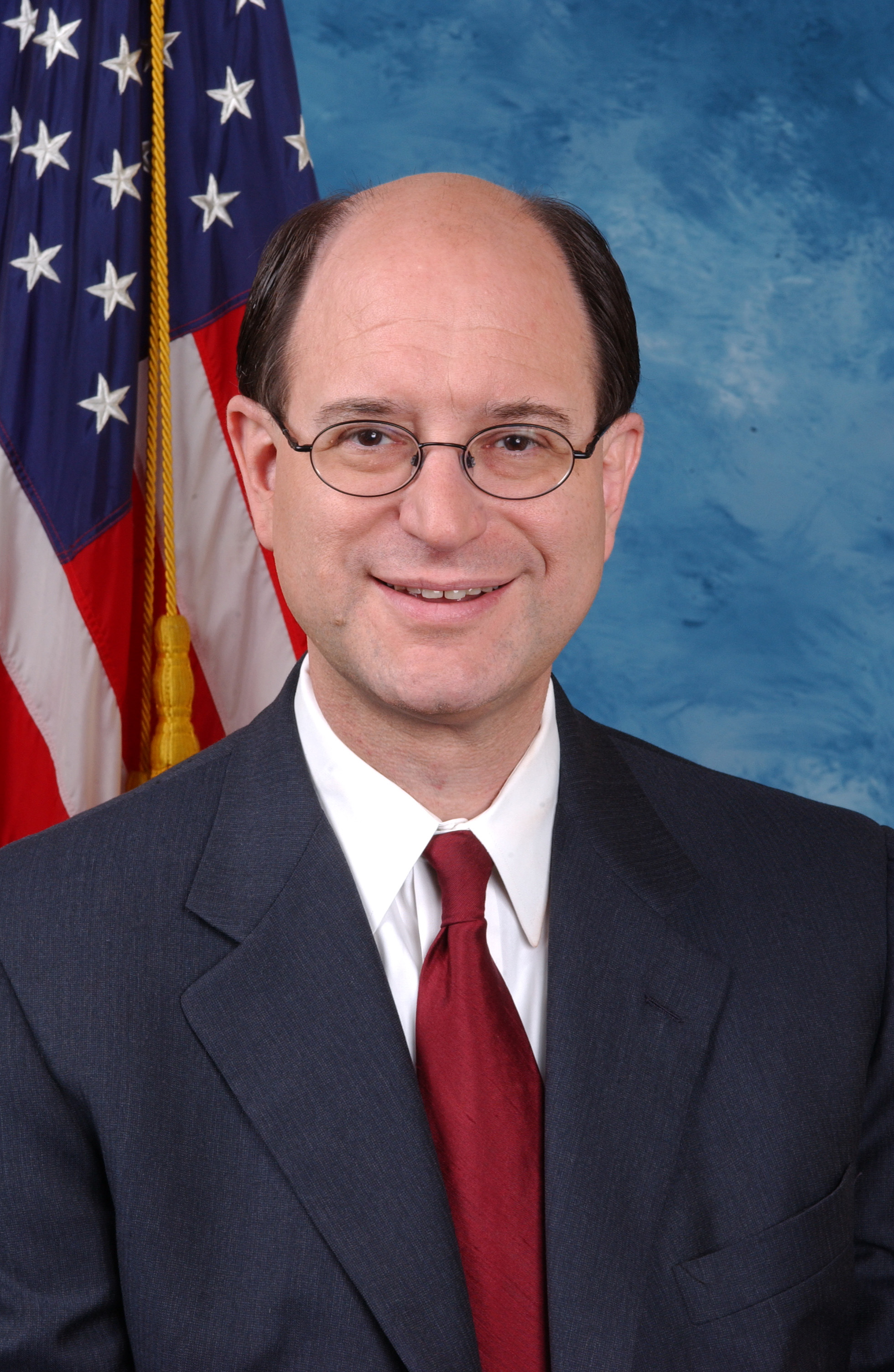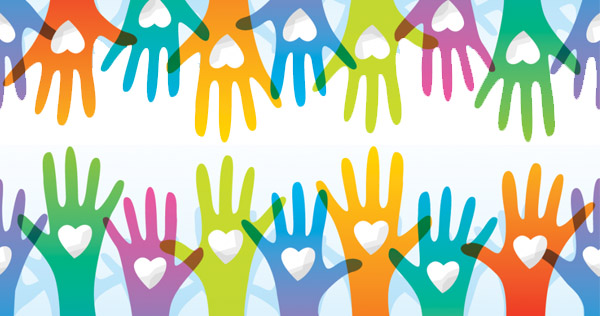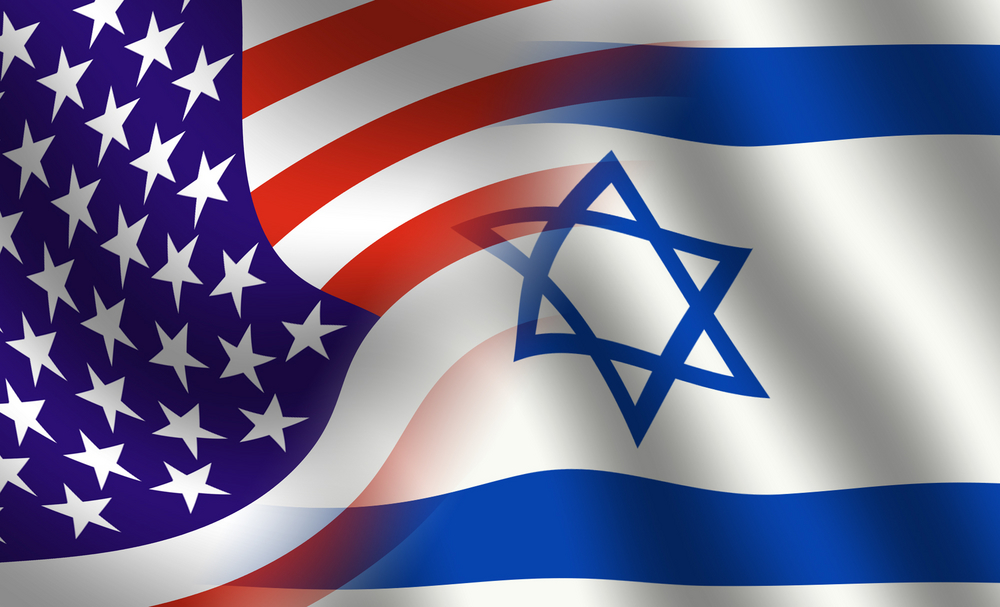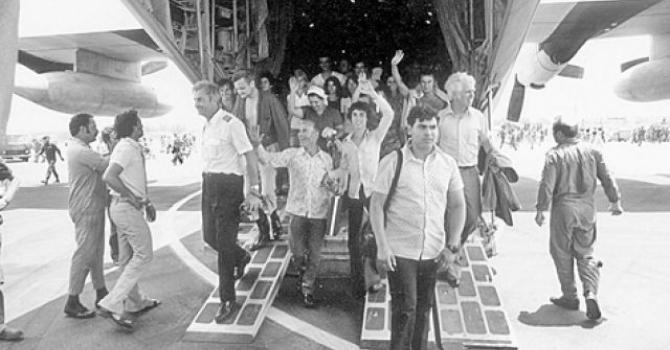The Bizrael Bridge to Israeli Tech and Entrepreneurial Innovation
The Adam and Gila Milstein Family Foundation proudly supports Bizrael, which organizes professional business trips to connect people with Israel’s leading startups, international companies, academia, and other key players behind the Startup Nation. Below, Co-founder and Director Jason Weiss shares how Bizrael harnesses the power of Israeli entrepreneurship to change people’s perceptions.
When we started Bizrael in 2012, we wanted to do something no one else had done in the Israel advocacy world — create a way for students to experience Israel’s thriving startup economy. Since then, thanks to the support of great organizations like the Milstein Family Foundation, more than 1,000 students and young professionals from 10 different countries have learned about the innovative business landscape in Israel through Bizrael programs. By doing so, we have created a new way to experience the Jewish State.
The nickname “Startup Nation,” now common, wasn’t so well-known when Bizrael was founded. In the summer of 2012 we recruited 30 students from across the U.S. for our first Bizrael Elite trip, and went on a two-week whirlwind tour, meeting over 25 startups, investors, corporations, government agencies, and more to learn what, how, and why Israel has become one of the most innovative countries on the planet. From the chief scientist at a medical company to the founder of Waze, and from water desalination technology to cyber security, we showed participants a side of Israel they had never seen before. We also learned how open, excited, and engaging the companies were to opening their doors and getting behind our mission.
After we held the Bizrael Elite trip four times, something interesting started to happen. After partnering with other Israel trips and programs, they started asking us if they could add a Bizrael day to their next trip or make a custom Bizrael trip for their students. Learning from the startups we surrounded ourselves with, in 2014 we decided to shift our focus to meet this new demand. Instead of working with students directly, we became a content provider for groups, offering Bizrael trips through other organizations bringing young adults to Israel. This enabled us to focus on what we do best — creating trips with our unique Startup Nation content — while enabling us to grow in new ways and reach thousands more people globally.
Through our experience and network, Bizrael brings student groups insider access that was previously only available to well-connected professionals. Over the past several years, Bizrael has become a valued partner to dozens of groups including the Israel Experience, J Internships, Tamid, the Union of Jewish Students, MBA trips, young entrepreneurs, leadership trips, and more.
What has been most inspiring is the feedback from students. From first timers to Israeli-born regulars, everyone is amazed and excited about Israel when they learn about its vibrant business landscape and culture of innovation. We have helped dozens of students return to Israel to study or intern, start clubs on their campus (Bizrael alumni started two Tamid clubs), and experience a newfound appreciation for and connection to the Jewish state.
Our vision is to change the way people perceive and experience Israel, especially the next generation of business leaders. It’s also my story — I came from an unaffiliated religious background and started getting involved through the business side of Israel. I know how powerful and important our message is because it’s what inspired me. Now, I have seen it inspire many others.
We have a new tool for engaging Jewish Youth and advancing the fight against the BDS movement: the magnetic power of the Startup Nation. We look forward to continue growing and partnering with more groups and students this year as we show the power of Israeli entrepreneurship and innovation.
To learn more about the philanthropic work of Adam Milstein and the Milstein Family Foundation, visit http://milsteinff.org. Also — check out Adam Milstein and the Milstein Family Foundation on Facebook!

